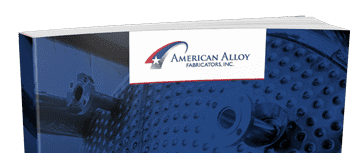FABRICATION SERVICES
SIZES
American Alloy Fabricators, Inc. has the capability work in a variety of scales from labs at .06 GAL to full scale production at 6,604 GAL.
LAB SCALE:
250ml – 4L
(.06 GAL. – 1 GAL.)
PILOT PLANT SCALE:
4L – 40L
(1 GAL. – 10 GAL.)
PRODUCTION SCALE:
40L – 25,000L
(10 gal. – 6,604 gal.)
MATERIALS
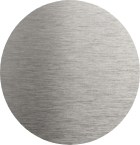 STAINLESS
STAINLESSSTEEL
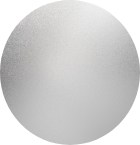 HASTELLOYS
HASTELLOYS
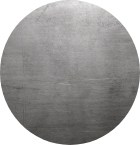 INCONELS
INCONELS
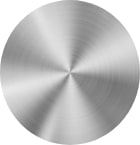 MONELS
MONELS
 ALLOY 20
ALLOY 20
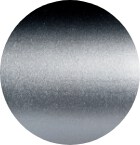 AL6XN
AL6XN
WELDING
GTAW
GMAW
SMAW
Orbital
ASME
FINISHES
MECHANICAL POLISHING
TO 8 RA
TO 8 RA
ELECTROPOLISHING
TO 4 RA
TO 4 RA
SERVICES
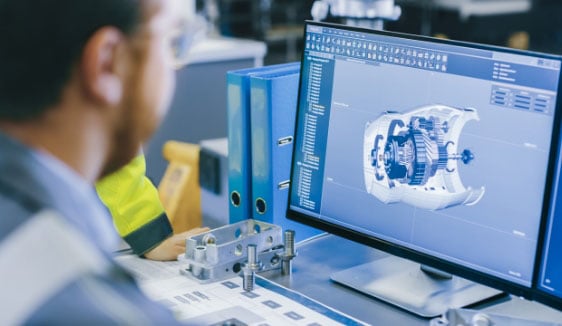 DESIGN AND BUILD CUSTOM
DESIGN AND BUILD CUSTOMPROCESS EQUIPMENT



